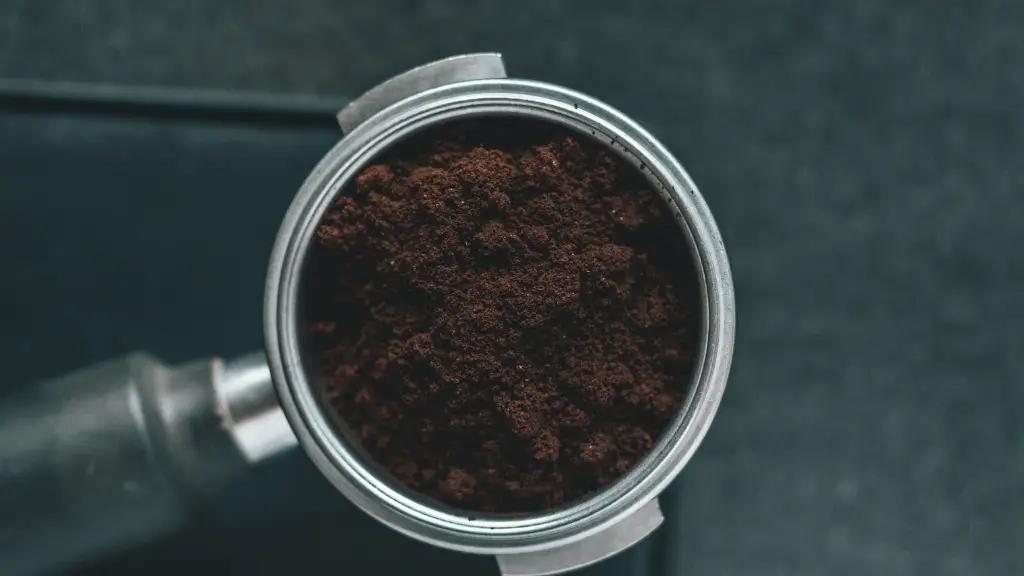It’s widely accepted that caffeine has grown to be one of the world’s popular stimulants.
The two most popular options when it comes to getting a caffeine boost are coffee and energy drinks. But which one has more caffeine? Well, that varies drastically on the brand and the size of serving.
Most studies show that regular coffee contains more caffeine per serving than most energy drinks, due to its large serving size. For example, an 8-ounce cup of coffee will generally contain 95 milligrams of caffeine, while an 8-ounce energy drink contains around 70 mg of caffeine.
But, many energy drinks will come in larger cans with more servings per can. Even then, however, the amount of caffeine in an energy drink usually won’t exceed 200 mg, while a cup of coffee can easily contain up to 300 mg of caffeine.
Experts believe that for those who are more sensitive to caffeine, a smaller serving size of energy drinks may be better than drinking a larger cup of coffee.
Nancy Rideout, a lifestyle expert, says, “When it comes to caffeine, it’s important to pay attention to the amount you’re consuming and the size of your servings. Some energy drinks can be up to three servings in one can and contain the same amount of caffeine as a few cups of coffee. You may want to be mindful of how much caffeine you’re ingesting in one sitting and take smaller servings.”
In terms of the other ingredients, energy drinks generally contain various vitamins and minerals, while coffee contains very few of those.
However, coffee can also be loaded up with sugar and other creams that can add up to large amounts of calories. Depending on how it’s prepared, coffee can often be far more calorie-dense than energy drinks.
The Impact of Caffeine on the Human Body
Caffeine does have an impact on the human body, especially when consumed in large doses. Most studies agree that the body can become dependent on caffeine, leading to a range of physical symptoms once the dependency has taken place. Some of these side effects include headaches, agitation, anxiety, and difficulty sleeping.
However, consumed in moderation, it appears as if caffeine can provide some health benefits, such as improved alertness and mental focus, improved circulation, and a boost of energy. If consumed properly, it appears that caffeine can be beneficial when it comes to maintaining physical and mental health.
In terms of the immediate effects of energy drinks, the high levels of sugar and other sweeteners can lead to a “sugar rush”, or an immediate heightened state of light-heartedness, energy, and euphoria. This is why energy drinks often contain words such as “infused” or “energized” on their labels.
The Pros and Cons of Caffeine Consumption
There are both pros and cons associated with caffeine consumption, depending on the individual’s biochemistry. In certain situations, caffeine can provide a boost of alertness and energy necessary for focusing on tasks, while in other cases, it can lead to an increased risk of anxiety and sleep disturbances.
The effects of caffeine on the body depend on the individual, as well as the amount of caffeine consumed. It’s important to remember that more of something doesn’t always equal more benefit. To get the maximum benefit from caffeine, it’s advised that it should be consumed in moderation.
The Impact of Caffeine on Mental Health
Several studies have been conducted on how caffeine affects mental health, and the results are mixed. It appears that the effects of caffeine on mental health depend on the person’s sensitivity to caffeine, as well as the amount of caffeine consumed.
Some people may experience improved alertness and an enhanced focus when consuming caffeine, while others may experience anxiety and depression. The bottom line seems to be that too much caffeine can have an adverse effect on mental health, while the right amount of caffeine can provide some short-term mental benefits.
Caffeine and Addiction
Although caffeine is not typically considered to be an addictive substance, some people may be more susceptible to its effects and become highly dependent on it. Such addiction can lead to severe health problems, psychological problems, and may even increase the risk of certain diseases.
Therefore, it’s important to be mindful of the amount of caffeine you’re consuming and to stay within recommended daily doses. It’s also important to pay close attention to the other ingredients in energy drinks, as they may contain ingredients that can exacerbate the effects of caffeine.
<
The Benefits of Caffeine
When used properly and in moderation, caffeine can offer a wide range of health benefits for anyone, including improved alertness and mental focus, enhanced circulation, and a boost of energy. It can also help stimulate the nervous system and provide cardiovascular benefits.
However, it’s important to remember to consume caffeine in moderation, as overconsumption can have the opposite effect. Too much caffeine can lead to a range of physical and mental symptoms, such as headaches, anxiety, depression, and difficulty sleeping.
Caffeine Alternatives
For those who are looking for a caffeine boost without the risks associated with too much caffeine, there are a variety of herbal teas and supplements available that can provide a natural source of energy and alertness. Natural teas, such as green tea or matcha tea, are rich in antioxidants and may provide energy, focus, and clarity.
In addition, many supplements have been formulated to provide a natural alternative to caffeine, such as guarana, kola nut, ginseng, and ginkgo biloba. These supplements are derived from herbs and are designed to provide the same stimulating and energizing effect as caffeine without the adverse effects associated with overconsumption.
Conclusion
Overall, it appears that coffee generally has more caffeine per serving than most energy drinks, although many energy drinks come in larger cans and can contain just as much caffeine. In addition, the other ingredients in energy drinks can vary significantly and can include vitamins, minerals, and various sweeteners.
When it comes to caffeine, it’s important to pay attention to the amount you’re consuming and to stay within recommended daily doses. Too much caffeine can have an adverse effect on mental health and can lead to addiction. For those looking for a natural source of energy and alertness, there are a variety of herbal teas and supplements available.





